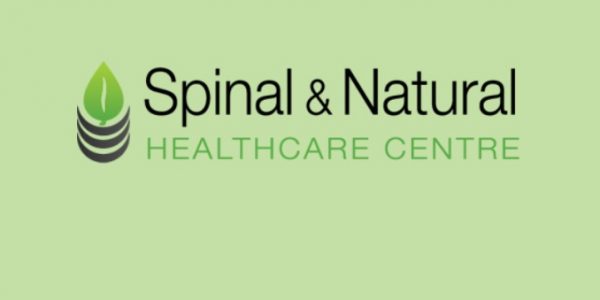In a shopping centre the other day, I saw a young woman pour cola from her can into her small child’s sippy cup. You’ve probably read about Jamie Oliver’s rants about parents putting fizzy drinks in children’s pack lunches and thought ‘What’s the fuss? It’s only a fizzy drink’. Well, many people thought that about tobacco for decades but would you light up a cigarette for your two-year old? It’s a shocking image but I find the unthinking ease with which we reach for a can of fizzy drink for ourselves or our children just as unsettling and foreboding for our future health.
As human beings we need to replace the fluid that is used to flush out the waste products from our bodies and lost through breathing and sweating. Losing enough fluid to reduce your body weight by just one per cent is enough to start experiencing the symptoms of mild dehydration: difficulty concentrating, reduced alertness, headaches, tiredness, feeling nauseous and slower reaction times. Now consider that fizzy drinks containing caffeine (eg colas) acts as diuretics and encourage fluid loss rather than fluid replacement.
Caffeine is also bad news for bone health and has long been linked to an increased risk of osteoporosis – a painful and devastating condition where the bones lose density and become prone to fracture. People with type 2 diabetes are advised to reduce their caffeine intake and, particularly in children, caffeine is a stimulant that can trigger hyperactive behaviour. ‘Well okay,’ you say, ‘I’ll go for caffeine-free fizzy drinks’. But caffeine isn’t the only harmful ingredient in these cans and bottles.
Phosphoric acid (E338 on the ingredients list) or citric acid are added to soft drinks to give them a tangy taste. Phosphoric acid is a mass produced chemical that is used because is it cheaper than natural alternatives such as ginger or fruit-sourced citric acid. Most citric acid used in food hasn’t been anywhere near a lemon or lime – it is extracted from a type of mould that grows on waste molasses.
The acidity of these drinks damages teeth enamel. Amusingly if you drop a nail into a can of fizzy drink it will be gone in around 4 days, a tooth in even less time and my favourite fact about fizzy drinks: To carry Coca-Cola syrup (the concentrate) the commercial trucks must display a Hazardous Materials Alert Card reserved for highly corrosive materials.
Another E-number prevalent in fizzy drinks is E211 or sodium benzoate which is used to stop mould forming in the drinks. Concerns around E211 focus on its cancer causing properties when mixed with vitamin C (which is frequently added to soft drinks to bump up their otherwise non-existent nutritional value). More recently, researchers at Sheffield University are worried that this chemical appears to damage the DNA in cells. Let me stress this again, professors in molecular biology believe that sodium benzoate seriously damages DNA and in a way that mimics damage done by Parkinson’s and by other neurodegenerative diseases. If you still think that an additive is safe because a £74bn global carbonated drinks industry tells you so then consider why Sainsburys, Asda and Marks and Spencer are all phasing out benzoate preservatives from their own brand products.
The large amounts of sugar in fizzy drinks is also problematic in terms of tooth decay and in setting children up with a taste for overly sweet foods and all the health problems that this entails.
So now a few of you may say ‘Well, I’ll just switch to sugar free diet fizzy drinks’. The artificial sweeteners used in these drinks not the harmless, easy-option they appear to be. Aspartame (E951) has been linked by some studies to serious illnesses such as cancer, brain tumors, brain lesions, and lymphoma when consumed in large quantities as well as, anecdotally, with dizziness, seizures and menstrual problems when consumed in ‘normal’ doses. In fact it has such a terrible name in the US, it has been re branded “Amino Sweet” so people don’t realise they are taking it!
A European Commission study gave aspartame the green light if it was consumed in the recommended quantities but I still wouldn’t want to gulp down a toxin or hand it to my child even in supposedly ‘safe’ quantities.
So what’s the alternative? Suitable drinks include water, coconut milk and well-diluted pure home squeezed fruit juices. Tea and coffee are fine in moderation for adults but are not suitable for young children under 5 as they can reduce the iron absorbed from foods. Everyone should avoid fizzy soft drinks. To wean yourself and your children off them you can replace them with pure fruit juice diluted with soda water and when you are used to the flavour, replace the soda water with tap water.
Remember chiropractically trained physicians are trained in nutrition and can offer a range of lifestyle advice on how to achieve and maintain your optimum health.
